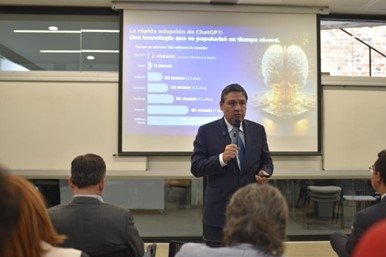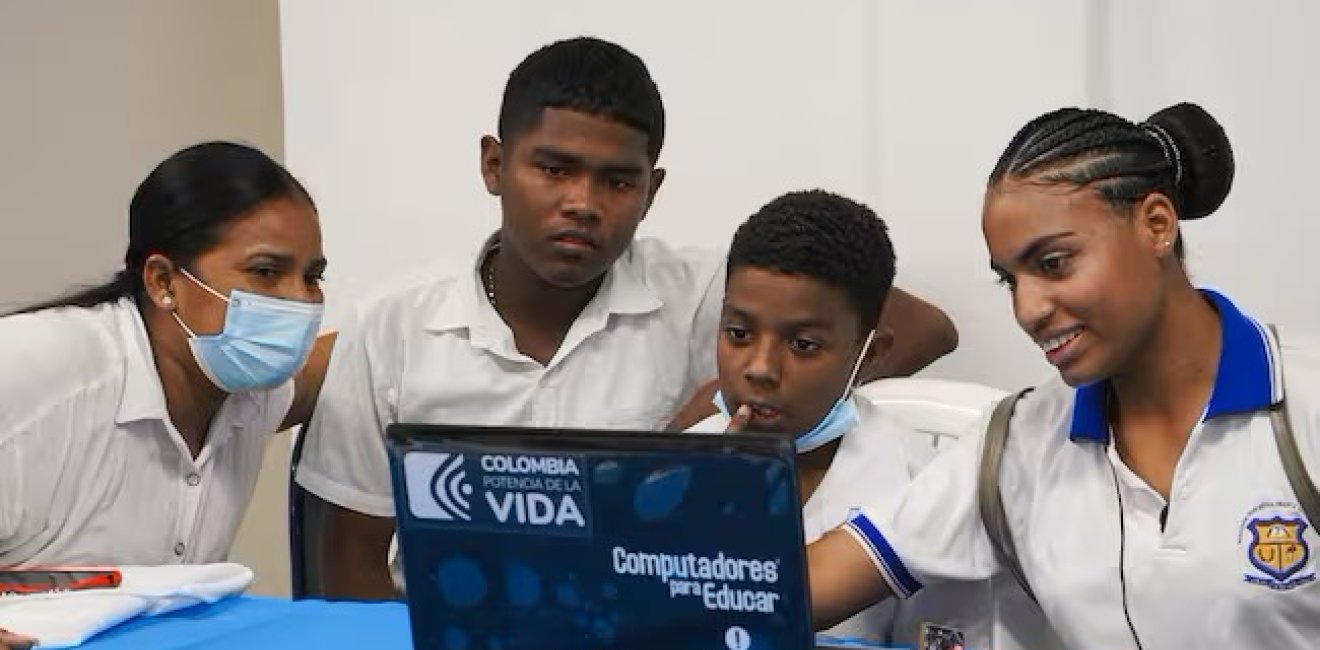
A blog of the Latin America Program
Colombia is moving rapidly to regulate artificial intelligence, promising rules that reflect local conditions, promote economic competitiveness, and address potential challenges, such as data protection and unequal access to emerging technologies. Despite the significant changes following Colombia’s last election, President Gustavo Petro has largely continued efforts to develop comprehensive AI laws and regulations.
So far, Colombia has not developed broad AI guidelines, relying on existing legislation to address issues such as the protection of personal data. However, Colombian experts say rules specific to AI are urgently needed, to address concerns such as algorithmic bias, transparency, and automated decision making.

At a recent dialogue at the Universidad de los Andes in Bogotá, co-hosted by the Wilson Center and Google, Colombia’s minister of information and communication technologies, Mauricio Lizcano, said Colombia was developing an ambitious national policy on artificial intelligence.
The project, he said, is designed to broaden the use of AI in government and in the private sector, increase productivity, and modernize the courts, while adhering to high international ethics standards.

Challenges remain, however. Expanding the adoption of AI will be difficult, given the country’s “digital divide,” with especially limited access to digital technologies in rural areas. Moreover, public trust in AI technologies is not guaranteed, Colombia’s minister of science, Yesenia Olaya, explained at the Wilson Center’s Bogotá forum.
Author


Latin America Program
The Wilson Center’s prestigious Latin America Program provides non-partisan expertise to a broad community of decision makers in the United States and Latin America on critical policy issues facing the Hemisphere. The Program provides insightful and actionable research for policymakers, private sector leaders, journalists, and public intellectuals in the United States and Latin America. To bridge the gap between scholarship and policy action, it fosters new inquiry, sponsors high-level public and private meetings among multiple stakeholders, and explores policy options to improve outcomes for citizens throughout the Americas. Drawing on the Wilson Center’s strength as the nation’s key non-partisan policy forum, the Program serves as a trusted source of analysis and a vital point of contact between the worlds of scholarship and action. Read more

Explore More in Weekly Asado
Browse Weekly Asado
Dengue Haunts South America’s Summers

Lessons from Costa Rica’s Economic Transformation

Women and Latin America’s Digital Revolution

